Recap: Hillel Virtual Town Hall
This month, The Associated hosted a virtual town hall event to discuss the current state of Jewish life on local college campuses in a post-October 7 world. Moderated by President and CEO Andrew Cushnir, the event united a diverse panel of campus leaders, students and Hillel directors from the five local campus Hillels under The Associated — Johns Hopkins University, Towson University, University of Maryland, Goucher College and UMBC.
The Associated, which supports the five area Hillels, works closely with their directors and local university leadership to play an important role in preventing and addressing antisemitism, as well as providing a safe and supportive environment for our Jewish students. In addition, we create safe spaces for our Jewish students to gather to engage in Jewish programming, build a network of Jewish friends and turn to if times become difficult on campus.
Andrew Cushnir opened the evening by acknowledging the unique challenges Jewish students have continued to endure, especially following the events of October 7. He emphasized the importance of understanding the lived experiences of students and campus professionals rather than relying solely on media portrayals or assumptions.
“One of the core values that we have is we don’t want to be leading or directing or doing anything about college campus life from the perspective of what we think is happening. We want to be in deep relationships with our campuses, our students and our professionals on campus so that we can do really quality work and support them in the way that they want to be supported,” Cushnir stated.
Johns Hopkins University
The first panelist to speak was Charlie Margulies, the Student Board president of Hopkins Hillel, who highlighted the dual nature of his experience.
On one hand, students have faced significant challenges, including incidents of antisemitic graffiti and targeted online harassment. Margulies himself was personally targeted after hosting a speaker from the IDF (Israel Defense Forces) Reserves, with his image and contact information exposed online by anonymous social media accounts.
Despite these difficulties, Margulies noted the resilience and unity of the Jewish community on campus. Events hosted by the Hillel have seen a surge in participation, with students eager to engage with their peers and build meaningful connections.
Monica Davis, executive director of Hopkins Hillel, also shared her perspective on supporting students through these challenges.
“As much as I want to be upset, I have to be the adult in the room and kind of transition them back into their head space of ‘let’s get back to school.’ Let’s try to keep going. I’m here for you. We’re going to do our best to keep you safe,” Davis shared.
University of Maryland, College Park
Emma Steinhause, vice president of the Jewish Student Union at University of Maryland, College Park discussed the complex balance between advocacy and maintaining a sense of normalcy since October 7.
“Students have definitely had to grow up too quickly and face a lot of challenges that you shouldn’t really need to face as a college student. You should be focusing on getting good grades and enjoying college, not being an advocate for the Jewish community,” she said.
The campus, home to one of the largest Jewish student populations in the country, has seen increased engagement and applications for Hillel programs since the events of October 7.
“Even though it’s been really difficult, Hillel has made our campus a safe haven and students have really been stepping up and making the best of a tough situation.”
Rabbi Ari Israel, University of Maryland Hillel director, commended the students’ resilience, particularly during a protest coinciding with an October 7 memorial vigil.
Towson
From Towson University, Shira Goldstein, the incoming student president of the Hillel, described both the difficulties and the sense of unity fostered among students.
“We’ve had a few setbacks, but I think overall it’s really made our community come together,” she said.
Last year’s contentious Boycott, Divestment and Sanctions (BDS) resolution in the student government left many students feeling alienated. Rabbi Alex Salzberg, executive director of Towson Hillel, shared how the resolution’s introduction led to an uptick in antisemitic incidents and significantly impacted the campus climate.
However, the Hillel’s proactive approach — building relationships with student senators and engaging the broader campus community — helped mitigate long-term damage.
“Our students felt their place on campus was threatened,” Salzberg said, “but the resolution also galvanized the Jewish community to stand together.”
UMBC
Lily Handwerger, Hillel student president at UMBC, echoed similar sentiments, noting that while Jewish students face unique pressures, Hillel remains a safe haven for connection and support.
Aliza Silverman, UMBC’s Hillel director, discussed efforts to build interfaith relationships and humanize Judaism through collaborative programming, such as partnerships with Retriever Essentials, the campus food pantry.
Goucher College
Rabbi Josh Snyder, executive director of Goucher Hillel, highlighted the ongoing process of participating in Hillel International’s Campus Climate Initiative. Through webinars and other educational materials, the initiative equips campus professionals with the knowledge needed to address issues of antisemitism as they arise.
Snyder also stressed the importance of embedding education about Judaism and antisemitism into broader campus life. This proactive approach has enabled Goucher to maintain a relatively positive campus climate even during challenging times.
Key takeaways from the evening
- The Power of Community: Across all five campuses, students and staff emphasized the importance of community involvement. Events that bring together Jewish and non-Jewish students, such as Shabbat dinners and cultural festivals, help foster a sense of belonging while dispelling ignorance about Judaism.
- Education and Advocacy: Many panelists underscored the role of education in combating antisemitism and building allyship. From engaging in interfaith dialogues to educating administrators about the impact of policies, fostering understanding was seen as a critical tool.
- Support: Students repeatedly stressed the importance of listening to their specific needs. Whether it’s advocating for campus policies, providing logistical support for events, or simply showing up to stand in solidarity, tailored approaches are most effective.
- Celebrating Jewish Life: Amid the challenges, students and professionals emphasized the need to celebrate Jewish life. Programs that focus on Jewish joy, culture and tradition provide a much-needed counterbalance to the pressures of advocacy.
As the town hall drew to a close, panelists and attendees reflected on how the larger Jewish community can continue to support students. Suggestions included:
- Increasing advocacy on behalf of students to alleviate the burden of constant self-advocacy.
- Expanding educational initiatives to address antisemitism and promote understanding.
- Offering emotional and logistical support for campus events.
“We all care about you,” Cushnir said, addressing the students directly. “The intent of the community is always positive, even if our wisdom varies. Let us know how we can be there for you.”
The town hall reaffirmed The Associated’s commitment to supporting Jewish life on campus, not just through financial investment but also through meaningful partnerships and community engagement. The resilience of students and staff, combined with the support of the broader community, promises a brighter future for Jewish life on our Baltimore-area campuses.
Subscribe to our newsletter
The Associated is a home for everyone in the Baltimore Jewish community. We offer several email lists to help people find a community, engage with their peers and support Jewish journeys around the world.
Join Our Mailing ListAdd Impact to Your Inbox
Sign up for our newsletter
Subscribe to our newsletter
The Associated is a home for everyone in the Baltimore Jewish community. We offer several email lists to help people find a community, engage with their peers and support Jewish journeys around the world.
Join Our Mailing List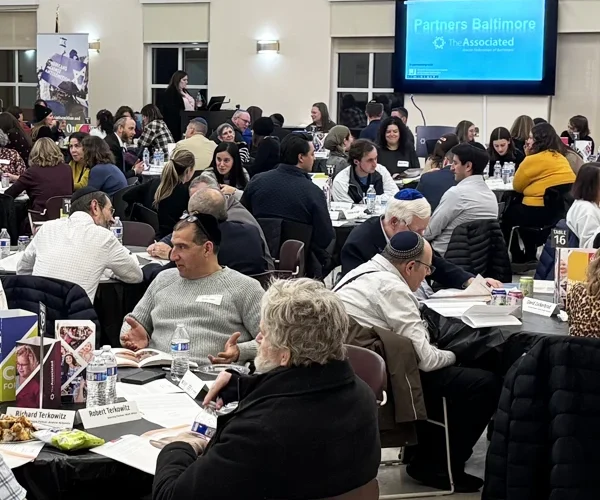

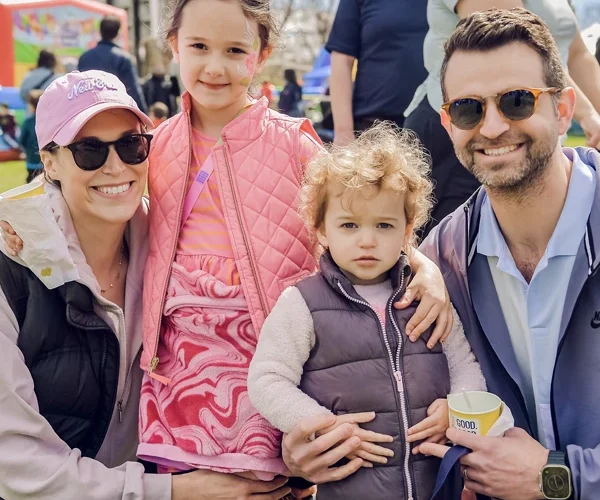
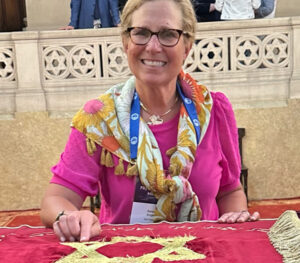
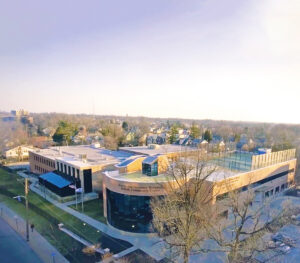
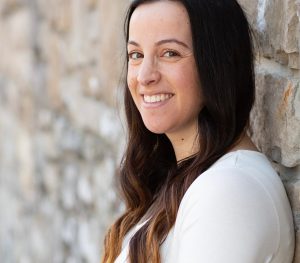
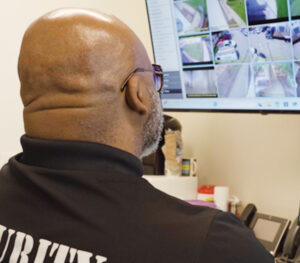
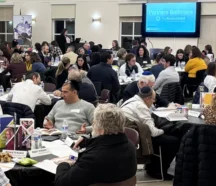

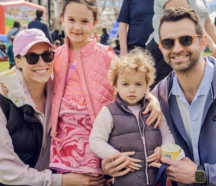
 Please Wait while we loading your video.
Please Wait while we loading your video.